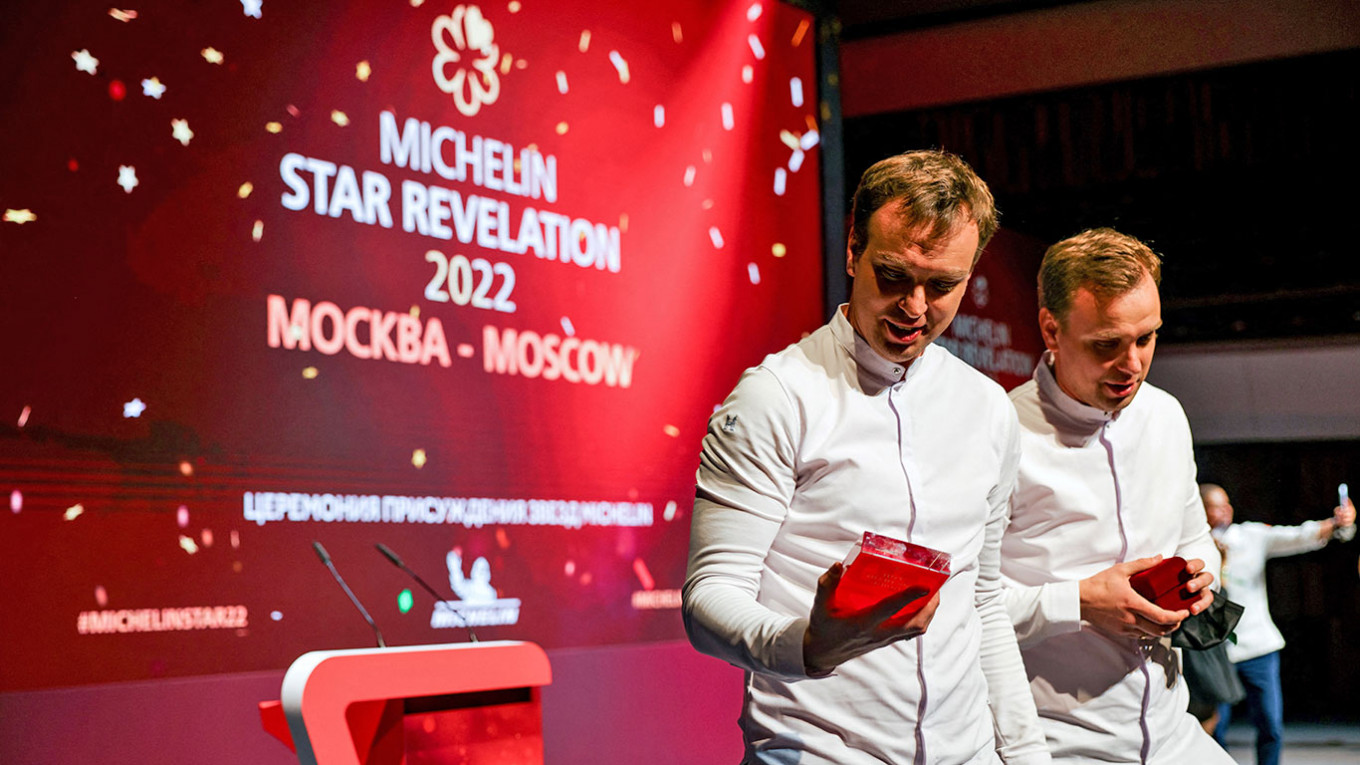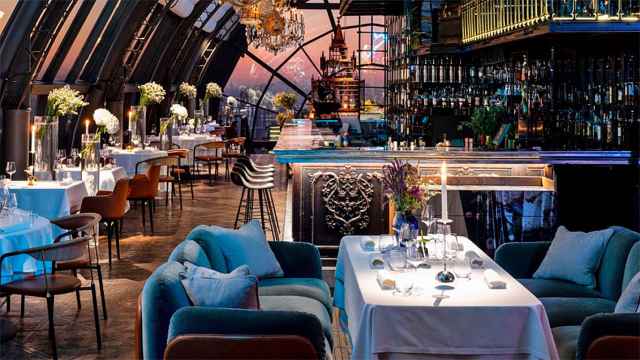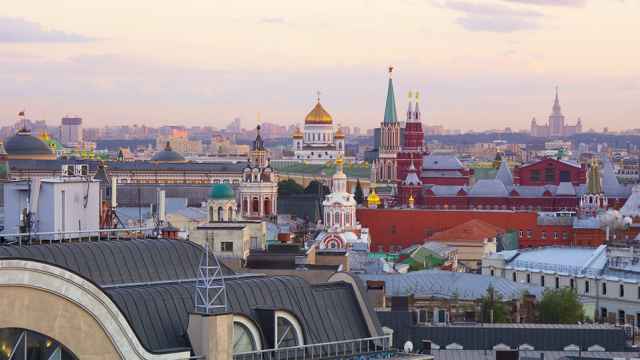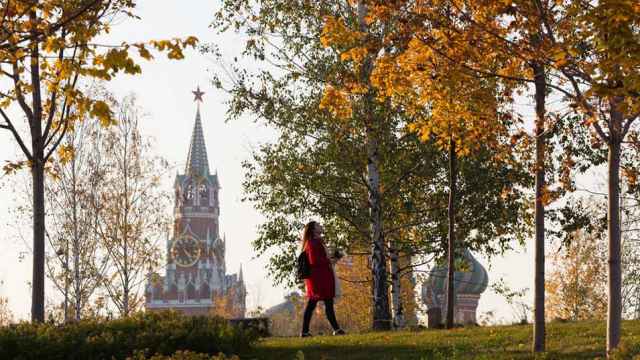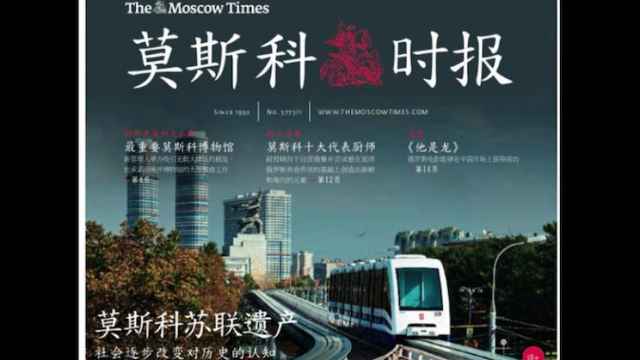“What are my plans for tonight? I’m going to get drunk,” Andrei Shmakov, the chef of Savva restaurant, told after receiving his Michelin star award in front of a packed audience.
This seemed to be the predominant mix of tension and joy chefs and restauranteurs experienced as the Michelin red guide finally came to Russia.
The first rumors about the gastronomic bible coming to Russia appeared in 2007. Gwendal Poullennec, president of the Michelin publishing group, says that guide inspectors began to study Russian culinary traditions and the restaurant market even earlier. And now we have their verdict: 69 restaurants on the list, seven restaurants with one star and two restaurants with two stars — Twins Garden run by twin brothers Ivan and Sergei Berezutskiy and Artest-Chef's Table headed by Artem Estafev.
In general, the results were predictable, but there were some surprises. Several good places such as Probka, Fumisawa, Matryoshka, and Turandot were not mentioned at all, while the highest score was given to Artest, which has been open for just a few months and is headed by a chef with no significant achievements in Russia or abroad.
But Michelin's international director Gwendal Poullennec is absolutely sure of every name on the guide's list. “All the decisions in the guide are collective. Inspectors visit restaurants several times to double-check their impressions, and then they discuss everything to be sure of the final decision,” he told The Moscow Times.
“We have five basic criteria for a guide. First of all, it is the quality of the products, the mastery of techniques, the balance of tastes. Then — the originality of the idea and the chef's own style. It doesn't matter if the chef does something original and innovative or sticks to tradition — it is important that the work is something unique. Finally, the fifth criterion is consistent quality. To be certain that the restaurant consistently maintains a high level, the inspectors return several times.”
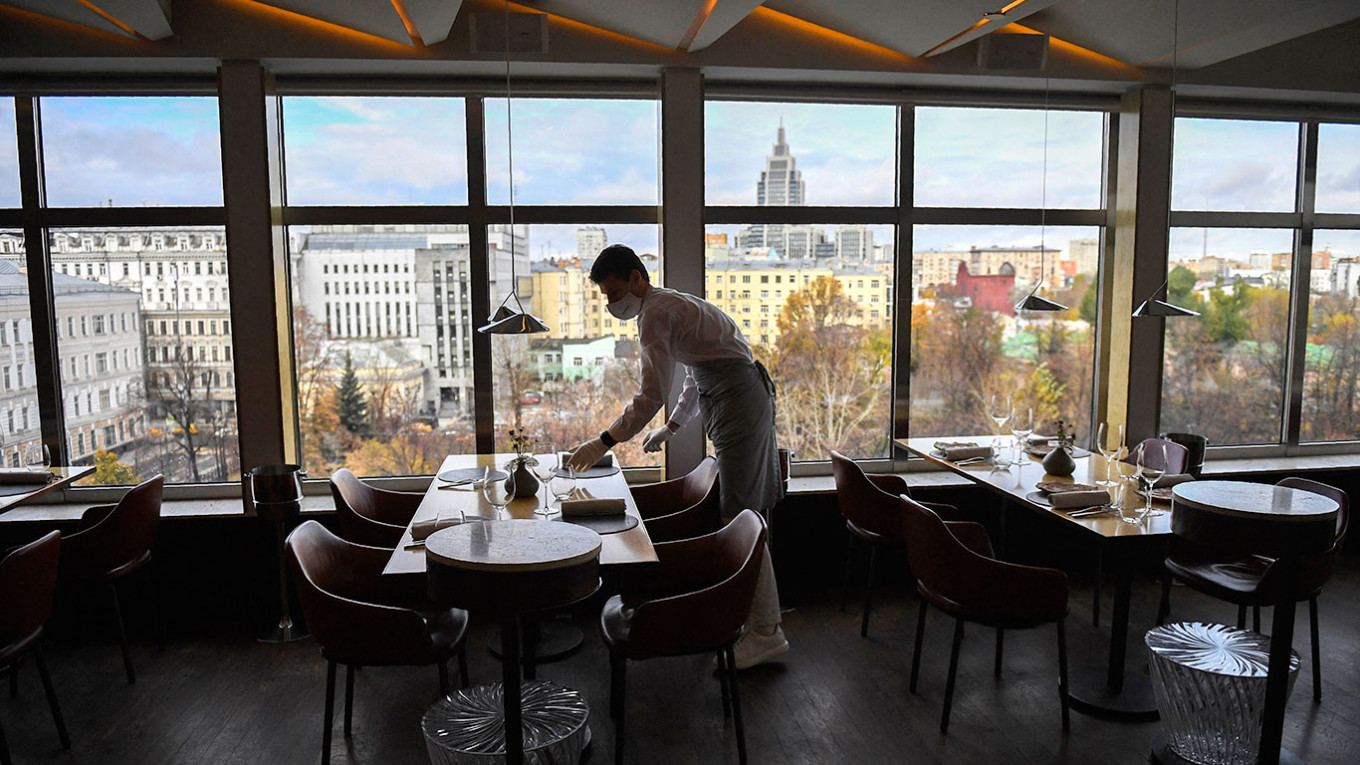
So, do the two stars for Artem Estafev mean that he, a young chef without a long, impressive resume is on the same level as, for instance, the prominent French chefs Marc Veyrat and Marc Haeberlin, or the legendary Danish chef René Redzepi, the owner of the famous Noma who received his third star only this year? Poullennec says he doesn't want to compare chefs but that the criteria are the same across the globe — in France, Russia or any country. And Michelin does not evaluate the cumulative merits and achievements of the chefs, just the food.
The next big question concerns traditional cuisine. In this first edition there are no restaurants with a focus on purely Russian cuisine, like Matryoshka or Sibir, Sibir — only a few that are “recommended” but not awarded a star, like Cafe Pushkin. This is not a issue specific to just Russia: in the Japan edition restaurants that were more conducive to foreign tastes got better results than eateries with very pure and authentic Japanese cuisine. Perhaps the inspectors are experts in European fine dining but not deeply immersed in the specific features, be they cultural or culinary, the local markets?
No, Poullennec is confident in his inspectors’ professional knowledge and skills. “Michelin follows the global gastronomic scene, including, of course, emerging markets. Our experts visit many countries long before there is an opportunity to make a full-fledged guide to follow the development of the industry. And of course, we watched Russia for a very long time. We studied the market, the gastronomic and cultural traditions. Now the guide covers more than 30 destinations, the inspectors represent more than 50 nationalities and speak 25 languages. Our team of experts includes not only French people, but representatives of different countries and different cultures.”
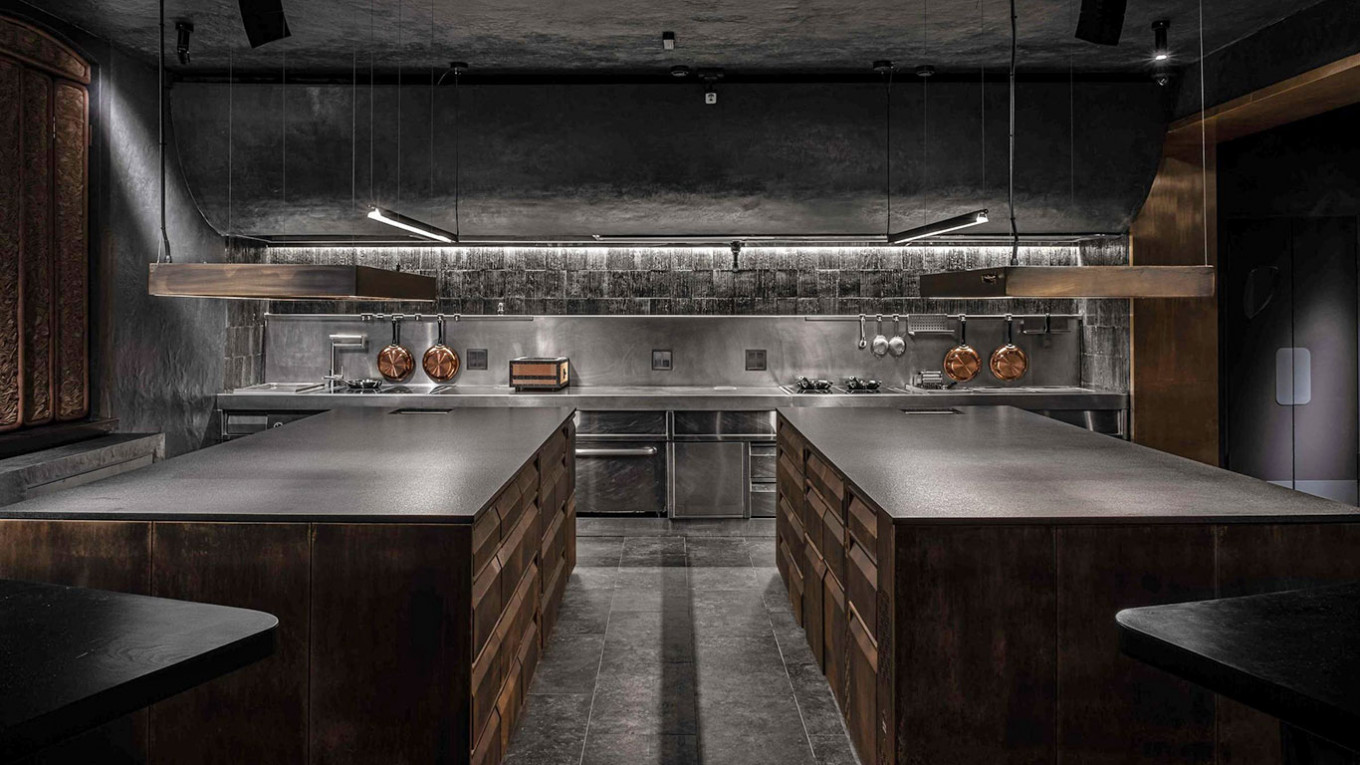
In any case, this is only the first edition of the guide. There is a long path ahead and everything may change — a star may come, a star may go. And the main goal of the Michelin guide is to reflect the development of the industry. First in Moscow, then — across the country.
“Moscow is already in a leading position among the tourist capitals of the world and has repeatedly become the best tourist destination. And the appearance of Moscow on the Michelin guide's map is very important for its image. It’s an additional indicator of the high development of the hospitality industry in Russia. It confirms that we are ready to receive the most exacting tourists,” Zarina Doguzova, the head of the Rostourism Agency, told The Moscow Times.
This is especially important given that the Russian government has the ambitious goal of doubling the amount foreign tourists spend in Russia over the next 10 years — up to $22.5 billion.
And, of course, the Michelin guide can help.
Michelin is studying the Russian regions and finds them very interesting, Poullennec said. But there are no plans to launch additional guides yet.
But you can be sure that if Russia has the goal of making money, it will come up with a way to do it.
A Message from The Moscow Times:
Dear readers,
We are facing unprecedented challenges. Russia's Prosecutor General's Office has designated The Moscow Times as an "undesirable" organization, criminalizing our work and putting our staff at risk of prosecution. This follows our earlier unjust labeling as a "foreign agent."
These actions are direct attempts to silence independent journalism in Russia. The authorities claim our work "discredits the decisions of the Russian leadership." We see things differently: we strive to provide accurate, unbiased reporting on Russia.
We, the journalists of The Moscow Times, refuse to be silenced. But to continue our work, we need your help.
Your support, no matter how small, makes a world of difference. If you can, please support us monthly starting from just $2. It's quick to set up, and every contribution makes a significant impact.
By supporting The Moscow Times, you're defending open, independent journalism in the face of repression. Thank you for standing with us.
Remind me later.



